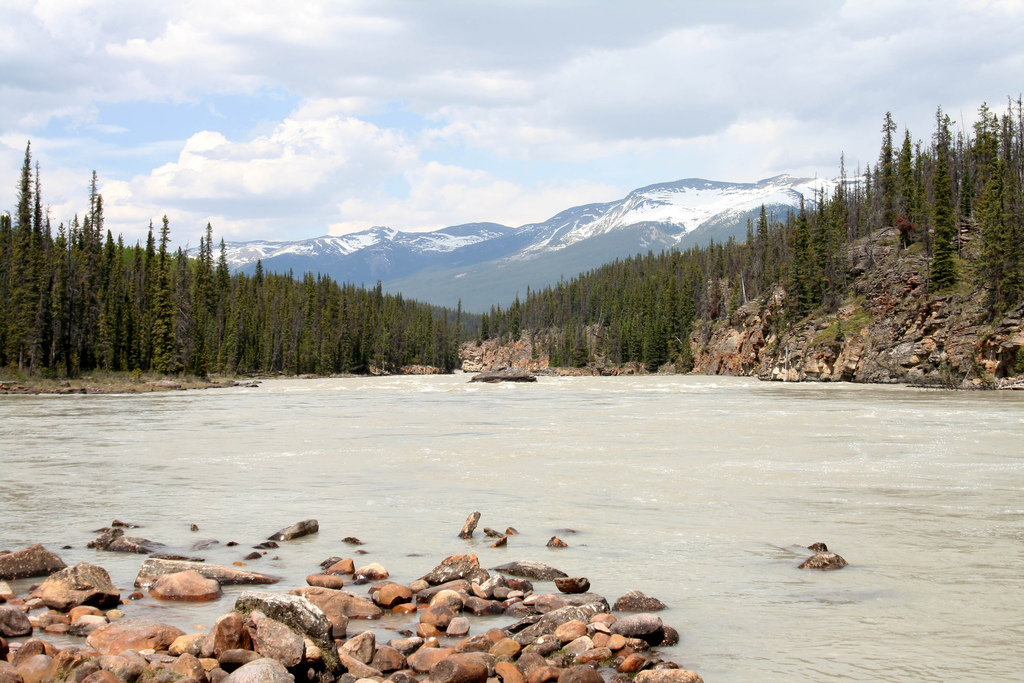The Alberta government has announced a weak framework on water use by the tar sands and on tailings ponds.
The Canadian Press reports that along with a framework on the size of tailings ponds, “The government also released new rules for the oilsands on water use from the Athabasca River. The average total allowable water use will be cut nearly in half. No withdrawals at all will be allowed during low-flow periods, except for the older mines.”
CBC specifies that the Surface Water Quantity Management Framework:
- limits the amount of water used during low-flow periods
- sets water withdrawal limits for all oilsands operators
- maintains an adequate quantity of water for Aboriginal river navigation and pursuit of traditional activities.
But civil society groups have strongly condemned this and stated that the rules give a major exemption to Suncor and Syncrude to extract water directly from the Athabasca River even if water levels are dangerously low. They have also stated that to properly protect the ecosystem and the river, there needs to be enforced legal limits on water takings by tar sands companies.
We would add that for water-takings to be appropriately restricted, the disciplines in “free trade” deals like the North American Free Trade Agreement (NAFTA) and the Canada-European Union Comprehensive Economic and Trade Agreement (CETA) would also have to be addressed.
In 2008, a study by University of Toronto professors Joseph Cumming and Robert Froehlich argued that U.S.-owned water-intensive oil companies operating in the tar sands could sue Canada under NAFTA Chapter 11 for hundreds of millions of dollars in compensation for lost profits should restrictions be placed on their water use. At that time, Council of Canadians chairperson Maude Barlow stated, “We have a scenario where Alberta is destroying its water heritage to produce oil that profits American companies and goes to the U.S.”
Barlow has also commented, “If the government of Alberta were to ever limit the current water access of the energy companies operating in the tar sands, transnational corporations could sue for huge sums of compensation from the government of Canada. Cumming and Froehlich warn that cancelling or limiting water licenses would be seen as a form of trade-illegal expropriation, costing the Canadian taxpayer potentially billions of dollars. Equally worrisome, they say, is the threat of such compensation might prevent the Alberta government from taking such a step in the first place, allowing energy corporations to dictate Canadian policy.”
Maybe that’s why, in reference to the new rules, Environment Minister Kyle Fawcett says, “I sat down with all of the CEOs on minable oilsands companies and looked them eyeball to eyeball and asked them if they are comfortable with this framework. They told me yes.” It could also be why, as noted by our allies, the water management framework is entirely voluntary.
Photo: Katie/flickr



